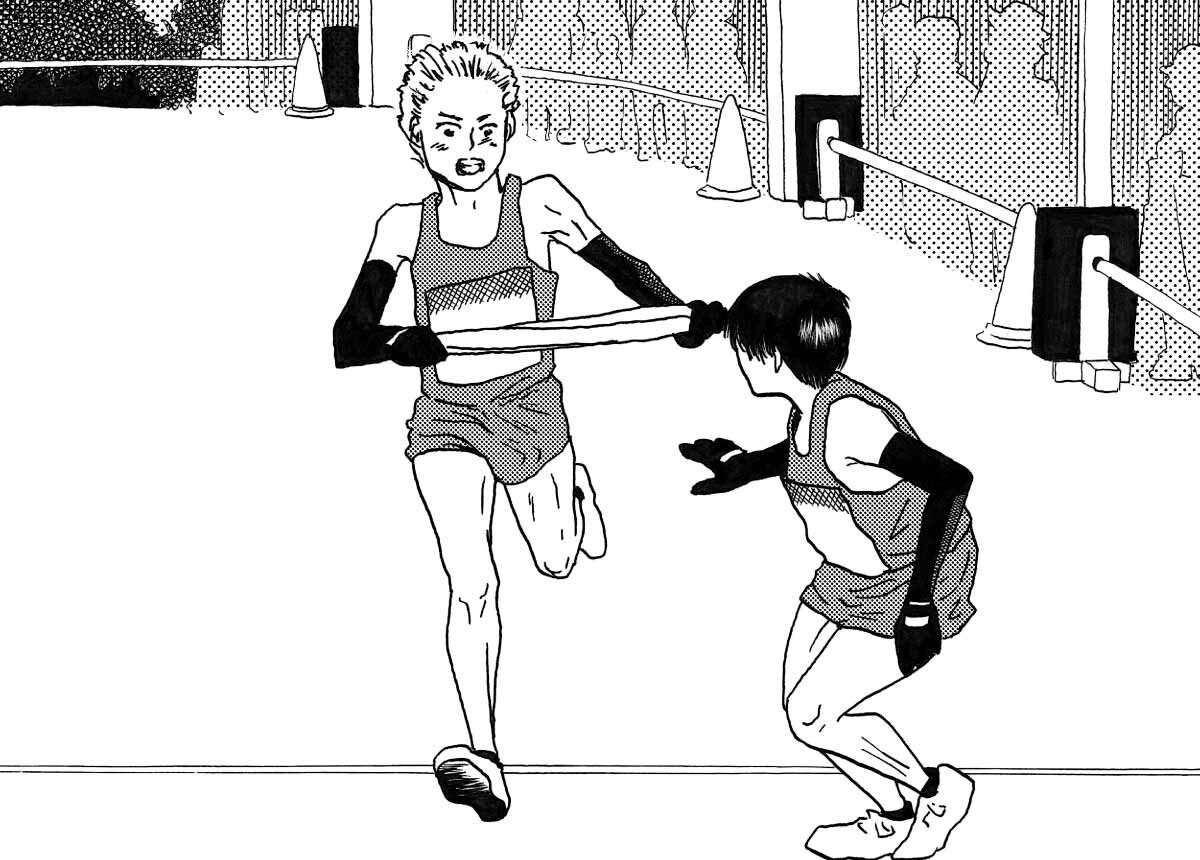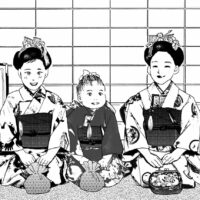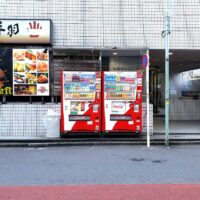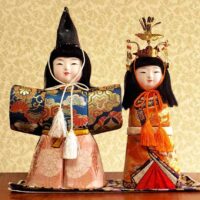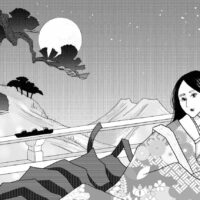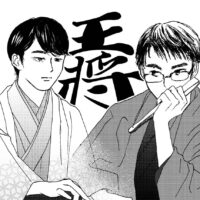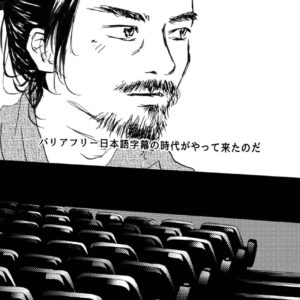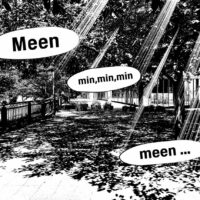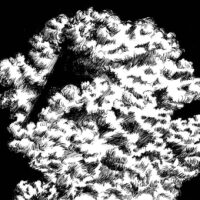There is a sport called “Ekiden” in Japan. Ekiden is a long-distance road relay. In Kanji, it is represented by two characters: “Eki” for “station” and “Den” for “convey”. The long distance is divided into certain sections, like train stops, and the runner runs that section alone and passes the baton to the team member in the next section. It is a competition in which multiple runners run long distances and compete for the overall time per group, similar to a short-distance relay. The distance and number of sections vary from event to event; at the All-Japan University Ekiden held on November 6, the 106.8-km course was divided into eight sections. Instead of dividing long distances into evenly spaced sections, each section is characterized by steep slopes, ups and downs, gentle descents, windy paths, and paths with frontal sunlight. Teams select and assign athletes who are strong in the characteristics of their path. This kind of strategy is what makes Ekiden so interesting.
Ekiden was established in 1917 to commemorate the 50th anniversary of Tokyo’s recognition as the capital of Japan and was sponsored by a major newspaper company. In honor of the Emperor’s recognition of Tokyo as Japan’s capital, where the government functions, the 508 km from Kyoto (where the emperor lived) to Tokyo was divided into 23 sections, and the athletes ran day and night.
Japanese people like Ekiden. One expert points out that the reason for this is that Ekiden is a “student” and a “team” sport. University students participate in the most famous Ekiden competitions. When professional athletes affiliated with a company are running, they have strong corporate colors and are sometimes associated with the company’s products and services, so people are having difficulty to concentrate on cheering for the athletes. In this respect, college students have an atmosphere of freedom and youthfulness that is unique to students, and people tend to create “favorites” like celebrities. Furthermore, the fact that it is a team sport provides unpredictability, and can easily produce dramatic developments such as dead heats and major upsets. Perhaps Japanese people prefer stories in which all ordinary people come together to produce great results rather than one person’s outstanding talent.
The most famous event, the Tokyo Hakone University Ekiden (relay relay race), takes place over two days on January 2 and 3 each year. During the New Year vacations, relatives gather at home to cheer on the long-distance relay race.



